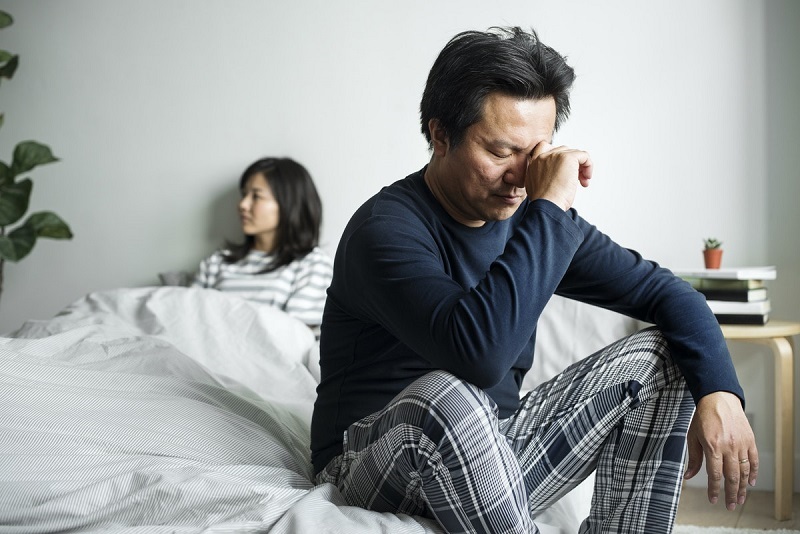The signs you’re being gaslit in a relationship
When you’re in a relationship, it’s normal to feel like your partner knows you better than anyone else. But what if it feels like they’re constantly trying to twist your words and make you question your reality? If this is happening to you, you may be a victim of gaslighting.And whats gaslighting in a relationship?
Gaslighting is a form of emotional abuse where the abuser deliberately tries to make their victim doubt themselves and their own perceptions. This can be done in a number of ways, such as denying things that have happened, making false accusations, or criticising their victim’s thoughts and feelings.
Over time, this can cause the victim to second-guess themselves and start to believe that their abuser is the only one who knows what’s true. If you’re concerned that you may be a victim of gaslighting, here are some signs to look out for:
1. Your partner constantly denies things that have happened, even when you have proof
2. They make false accusations against you or try to blame you for things that aren’t your fault
3. They try to control your thoughts and feelings by telling you what to think and feel
4. They regularly undermine your confidence and self-esteem by criticising your thoughts, feelings, and choices
5. They gaslight you in order to avoid taking responsibility for their own actions or words
If any of these sound familiar, it’s important to reach out for help. Gaslighting can be extremely damaging to your mental health, so it’s important to get support as soon as possible. Talk to a trusted friend or family member, or seek professional help if you’re feeling overwhelmed. Remember, you are not alone and there is help available.

How to deal with gaslighting
Gaslighting can be extremely painful and confusing for the victim, and can have a lasting impact on their mental health. If you think you’re being gaslighted, it’s important to reach out for help. Here are some tips for how to deal with gaslighting:
1. First, it’s important to realize that gaslighting is a form of emotional abuse. If you’re being gaslighted, it’s not your fault, and you’re not crazy.
2. Gaslighting can be extremely confusing and frustrating. Try to keep a journal of the things that happen that make you question your reality. This can be helpful in spotting patterns and helping you to see what’s really going on.
3. Reach out to someone you trust for support. It’s important to have someone to talk to who will believe you and support you.
4. Seek professional help if you’re struggling to cope. A therapist can help you deal with the emotional impact of gaslighting and develop healthy coping mechanisms.
5. Finally, remember that you are not alone. There are others who have been through this and understand what you’re going through. Reach out to a support group or hotline for additional help and support.
How to protect yourself from gaslighting
Are you feeling like you’re losing your grip on reality? Do you feel like you’re being gaslighted?
There are things you can do to protect yourself from gaslighting. Here are some tips:
1. Keep a record of events. This can help you keep track of what’s really happening, and it can be helpful if you need to confront your abuser about their behavior.
2. Talk to someone you trust about what’s going on. It can be difficult to deal with gaslighting on your own, and talking to someone you trust can help you sort out what’s real and what’s not.
3. Seek professional help. If you’re feeling like you’re struggling to cope, seeking professional help can be a good idea. A therapist can provide support and guidance as you deal with the effects of gaslighting.
4. Get out of the situation if possible. If you’re in a relationship with a gaslighter, it’s important to understand that this is an abusive situation. Getting out of the situation is the best way to protect yourself from further harm.
If you’re being gaslighted, know that it’s not your fault and that you are not alone. There are resources and support available to help you cope with this difficult experience.

